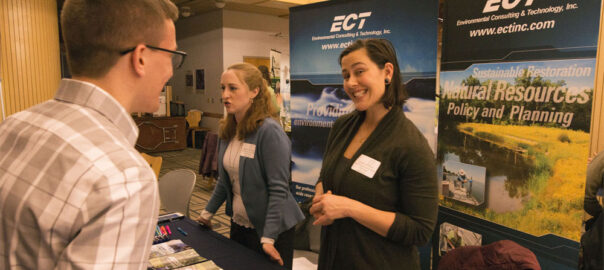
Education and the World of Work
Education isn’t just about textbooks and classrooms. From coding to communication skills, at its best education equips learners with the tools needed to thrive in the job market as well as in other aspects of life.
Education can equip learners with the knowledge and skills they need to succeed in the modern workplace. Education can also serve as a pathway to career advancement and opportunities for personal and professional growth. Employers increasingly seek candidates with formal education and specialized training to meet the demands of evolving industries and technological advancements. In short, education plays a vital role in preparing individuals to enter the workforce, contribute meaningfully to their chosen fields, and adapt to the changing dynamics of the global economy.
One goal of education is to prepare students for the world of work. People who have completed more formal education are more likely to be employed and to be paid more than people with less education. Employers tend to pay attention to and make decisions based on an applicant’s educational qualifications. In addition, highly educated adults are more apt to be socially engaged and more likely to participate in lifelong learning.
Young people seeking work today encounter a very different world than the one their forbears encountered when public education was first spreading throughout the Western world. Relatively recently in human history, we have undergone four pivotal periods of technological change, referred to as the four Industrial Revolutions.
The First Industrial Revolution, from the late 18th to early 19th century, introduced mechanized manufacturing powered by steam engines. The Second Industrial Revolution, spanning the late 19th to early 20th century, saw the widespread adoption of electricity, the rise of steel production, and the advent of mass production techniques. The Third Industrial Revolution, occurring from the late 20th century to the early 21st century, brought about the digital age with computers, the internet, and telecommunications. Now, the ongoing Fourth Industrial Revolution integrates digital, biological, and physical technologies, including AI, robotics, and biotechnology, reshaping economies, societies, and daily life worldwide. Each revolution has profoundly transformed industries and societies, driving progress and presenting new challenges.
According to the World Economic Forum, “the Fourth Industrial Revolution represents a fundamental change in the way we live, work and relate to one another. It is a new chapter in human development, enabled by extraordinary technological advances commensurate with those of the first, second and third industrial revolutions. These advances are merging the physical, digital and biological worlds in ways that create both huge promise and potential peril.”
This revolution has important implications for education. While mathematics, science and language are important foundation skills, according to Andreas Schleicher of the Organisation for Economic Cooperation and Development (OECD), educators need to understand that “the kind of things which are easy to teach and easy to test are also the kind of things that are easy to digitize, automate and outsource.”
The 2023 World Economic Forum (WEF) Future of Jobs Report notes that “The Fourth Industrial Revolution has accelerated the pace of adoption of technologies and shifted the frontier between humans and machines across sectors and geographies. Technology is altering the way we work, but also changing job content, skills in need, and which jobs are being displaced.” According to business leaders, the five most important skills during these changing times are:
- Analytical thinking
- Creative thinking
- Resilience, flexibility and agility
- Motivation and self-awareness
- Curiosity and lifelong learning
These results suggest that while cognitive skills are important, they are not sufficient for success in most occupations.
Education is an asset not only because of its intrinsic value, but also because it provides individuals with skills and acts as a signal of such skills.
OECD, 2023
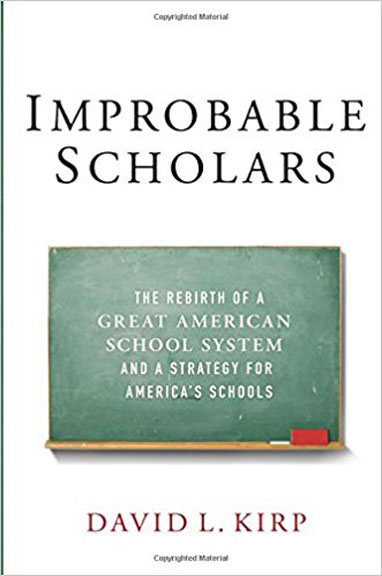
Improbable Scholars
The Rebirth of a Great American School System and a Strategy for America’s Schools
David L. Kirp
How do we determine if our schools are preparing students for a meaningful future in our society and improve the schools that are not living up to those standards? Explores the current crisis in American education and four districts that have made positive changes.
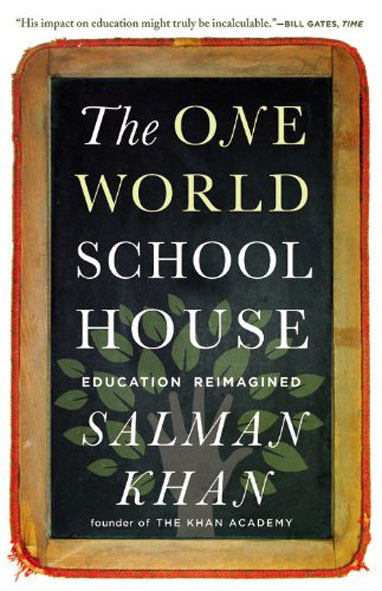
One World Schoolhouse
Education Reimagined
Salman Kahn
There may be a young girl in an African village with the potential to find a cancer cure. A fisherman’s son in New Guinea might have incredible insight into the health of the oceans. By combining the enlightened use of technology with the best teaching practices, we can foster students who are capable of self-directed learning, deep understanding of fundamentals, and creative approaches to real-world problems.
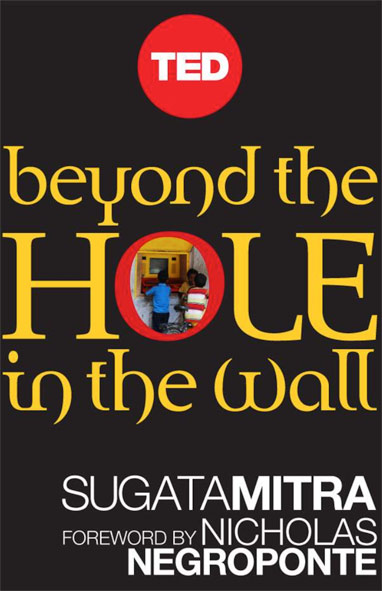
Beyond the Hole in the Wall
Discover the Power of Self-Organized Learning
Sugata Mitra
Sugata Mitra’s now famous experiments have shone light on the immense capacities that children have for learning in self-composed and self-regulated groups.
In the series: Education Yesterday and Today
Related articles:
Further Reading »
External Stories and Videos

Watch: China Is the Wrong Model
Yong Zhao, Network for Public Education National Conference
Yong Zhao’s lively address brings a thought-provoking perspective on comparing U.S. and Chinese student test scores as a way to evaluate our education systems.
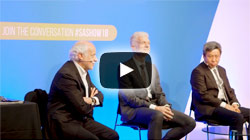
Watch: Experts Debate Merits of PISA
Yong Zhao & Andreas Schleicher, Schools & Academies Show Birmingham 2018
Education scholars Yong Zhao and Andreas Schleicher share their divergent views on the pros and cons of OECD’s international testing program.

The Other Segregation
Whitney Pirtle, The Atlantic
The public focuses its attention on divides between schools, while tracking has created separate and unequal education systems within single schools.
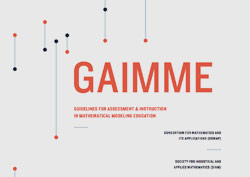
Math with Meaning
COMP & SIAM
Math educators provide helpful guidelines for transforming traditional math equations and problems in a way that gives students as early as pre-K the foundation to tackle open-ended, reality-based questions collaboratively—questions that they find meaningful and can enhance their future. (PDF)
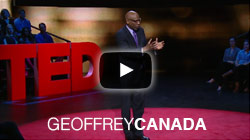
Watch: Our Failing Schools. Enough is Enough
Geoffrey Canada, TED
Why does our education system look the way it did 50 years ago? Millions of students were failing then, as they are now — and it’s because we’re clinging to a business model that clearly doesn’t work. Education advocate Geoffrey Canada dares the system to make systematic shifts in order to help greater numbers of kids excel.
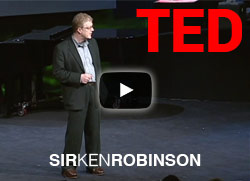
Watch: Do Schools Kill Creativity?
Sir Ken Robinson, TED
Here the entertaining and profoundly moving case for creating an education system that nurtures (rather than undermines) creativity
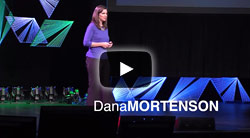
Watch: Will Our Kids Be Ready for the World in 2050?
Dana Mortenson, TED
World Savvy founder Dana Mortenson explores how teaching and learning in the U.S. is changing, or should change, in our rapidly evolving, interconnected global society. Will our kids will be ready to compete in, and contribute to, a new reality?
